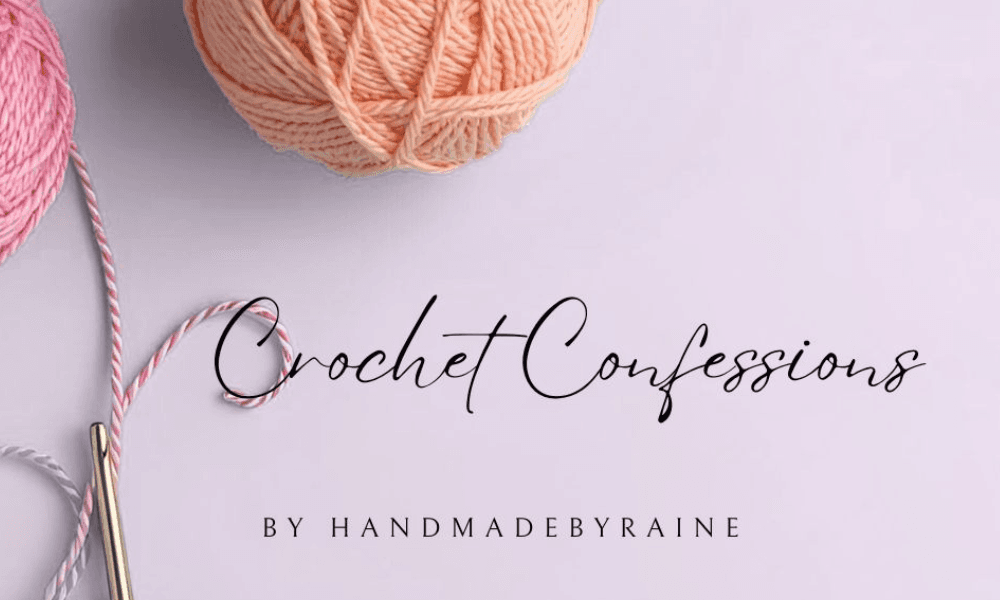Overview
Spirit Capital is a 2-year-old print-on-demand eCommerce brand specializing in viral finance and internet culture-themed merchandise. Operating with a lean structure, the business relies almost entirely on organic traffic, requiring minimal owner involvement (2-4 hours per week). With an international customer base and an established online presence, Spirit Capital presents an opportunity for an acquirer looking to scale an already profitable business with low overhead.
Key Financials:
Annual Revenue: €95,986
Annual Profit: €37,557
Monthly Revenue: €7,998
Monthly Profit: €3,129
Profit Margin: 39%
Profit Multiple: 1.4x
Revenue Multiple: 0.6x
Average Order Value (AOV): €53.00
Returning Customer Rate: 6.47%
Email List: 11,233 subscribers
Key Insights
Website Performance & Metrics
Website Speed & UX: The site is visually appealing and presents well; however, performance optimizations may be necessary to improve user experience and checkout efficiency.
Product Variations & SKUs: The store features a variety of clothing products, leveraging print-on-demand to avoid inventory costs.
AOV & Customer Lifetime Value (CLV): With an AOV of €53 and repeat purchase rates of only 6.47%, opportunities exist to increase retention through strategic email marketing and loyalty incentives.
Conversion Rate: At 1.37%, the conversion rate is below the eCommerce industry average (typically 2-3%), suggesting room for optimization.
Brand Positioning & Customer Sentiment: While the niche appeal is strong, customer reviews on Trustpilot indicate potential trust and service issues (66% 1-star ratings due to unfulfilled orders and lack of support).
Marketing Efficiency: All traffic and sales come organically through social media, primarily TikTok. This suggests a strong brand presence but also highlights the risk of relying solely on organic reach without diversified marketing channels.
Customer Acquisition Cost & Scalability: The absence of paid advertising suggests an untapped avenue for growth. Introducing performance marketing could increase customer acquisition but would also introduce additional costs.
Financials
The revenue and profit have shown instability, with noticeable spikes in November and December, possibly due to seasonal trends or viral campaigns.
The relatively low profit multiple (1.4x) and revenue multiple (0.6x) suggest that the business, while profitable, does not command a high valuation compared to other eCommerce brands with more stable earnings.
The business is priced for a quick exit, which raises questions about potential undisclosed challenges.
Marketing (Paid & Organic)
Spirit Capital thrives on organic traffic, with most sales driven by TikTok and social media engagement.
No paid advertising efforts have been deployed, meaning significant potential exists for Facebook Ads, Google Shopping, and influencer collaborations to scale revenue.
Email list segmentation could improve retention rates, particularly since nearly 40% of the list has made at least one purchase.
Operational Efficiency
The current fulfillment model is fully outsourced to a single print-on-demand provider, reducing overhead but also creating dependency risks.
No freelancers or additional support staff, meaning the business is highly owner-dependent for customer service and operations.
The lack of customer support responsiveness (as evidenced by negative reviews) is a critical concern that could impact brand reputation.
Customer Data & Relationships
Customer engagement is present, but repeat purchase rates (6.47%) are relatively low for a niche apparel brand.
Trustpilot reviews indicate dissatisfaction with order fulfillment and customer service, which poses a brand reputation risk if not addressed.
Email marketing efforts could be significantly improved with automation and retargeting campaigns.
Legal & Compliance Due Diligence
No obvious legal concerns have been identified in publicly available information, but deeper due diligence is required to verify any pending disputes, copyright issues (given the niche nature of designs), and fulfillment agreements with suppliers.
Challenges Identified
Customer Service Issues: Multiple customer complaints about unfulfilled orders and lack of response indicate poor customer support operations, impacting reputation.
Revenue Instability: Sales spikes in November and December raise concerns about consistency; further analysis is needed to understand whether growth is sustainable.
Low Repeat Purchase Rate: At 6.47%, this rate is lower than ideal for an apparel brand; customer retention strategies need improvement.
Underutilization of Paid Marketing: While organic growth is a strength, relying solely on TikTok and social media presents a scalability risk.
Low Conversion Rate (1.37%): There is room for improvement in conversion optimization through better UX, pricing strategies, and checkout enhancements.
Dependency on a Single Supplier: The fulfillment process is fully reliant on one print-on-demand provider, creating a potential bottleneck.
Recommendations
Enhance Customer Support: Implement a dedicated customer service team or chatbot support to respond to inquiries and reduce negative feedback.
Stabilize Revenue Streams: Consider diversifying product launches outside of peak seasons to balance revenue trends.
Improve Retention Strategies: Introduce a loyalty program, personalized email campaigns, and targeted discounts to increase the repeat purchase rate.
Invest in Paid Marketing: Test Facebook Ads, Google Shopping, and retargeting campaigns to increase traffic and conversion rates.
Optimize Conversion Rate: Implement A/B testing, cart abandonment emails, and improved checkout design to boost conversion beyond 1.37%.
Expand Supplier Relationships: Work with multiple print-on-demand providers to mitigate risks and potentially reduce production costs.
Clarify the Seller’s Motivation: Direct communication with the seller is essential to understand why they are selling, particularly given the revenue fluctuations.
Conclusion
Spirit Capital is a niche-focused, profitable eCommerce brand with strong organic traffic, a lean operational model, and low overhead costs. However, revenue instability, poor customer service, and a reliance on organic traffic without paid marketing strategies present significant risks.
For a buyer, the business presents a moderate-risk, high-upside opportunity, provided they are willing to invest in customer service, paid marketing, and retention strategies to unlock its full potential. The business is priced for a quick sale, making due diligence essential to ensure there are no hidden operational or financial issues.
Next Steps
Request direct access to sales and profit data for the past 12 months to validate revenue trends.
Clarify seller motivations and reasons for selling quickly.
Assess the scalability of the business by testing paid marketing and retention strategies.
Conduct further legal due diligence to ensure compliance with trademarks and fulfillment agreements.
Spirit Capital has the foundation for a strong brand, but a hands-on buyer will be required to address operational inefficiencies and optimize growth strategies for long-term success.


















